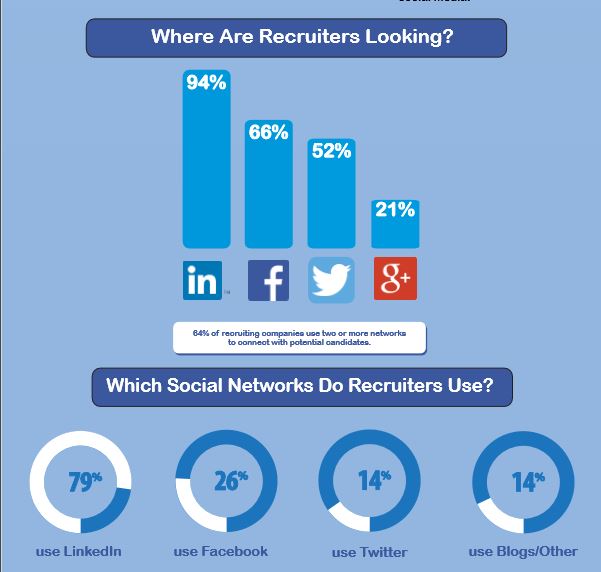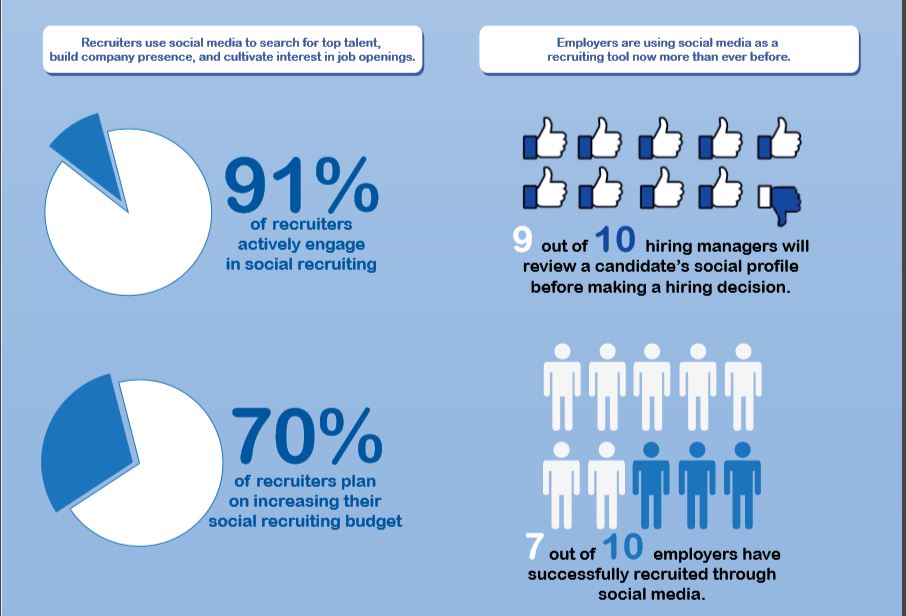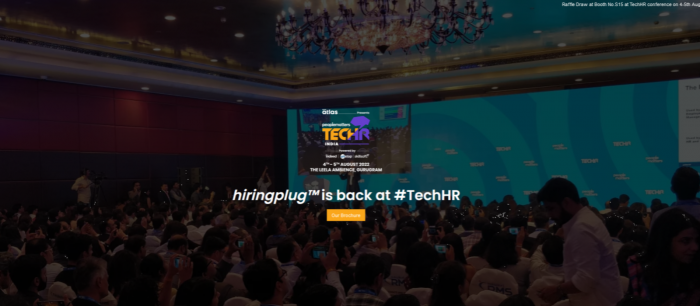Recruitment has, for the past few years, been a candidate driven market. According to a recent survey, 90% of recruiters have said that they believed that it was ‘a candidate’s world’. This only goes to prove that today, more than ever, the need for diverse ways to exhibit an individual’s accomplishments and capabilities has increased. With new technologies now available at our disposal to utilize and benefit from, it has never been easier or cheaper to achieve a successful job placement. With many companies unable or unwilling to allocate their marketing resources into traditional ways of sourcing candidates, new ways of hiring people emerge.
Although there are several approaches to recruitment, one that has been used most often is external recruitment. Internal recruitment primarily relates to finding suitable candidates for a role within an organisation and thus has limited technology intervention. External recruitment on the other hand, leaves ample scope for recruitment agencies, job websites and marketplaces to help identify the right kind of candidates from the environment. Conventional recruitment techniques, such as the "Analytic Hierarchy Process", are often used when diverse criteria are considered. Recently, with the rise of globalization and mobile technologies, recruitment has also progressed incorporating these fields.
Some of the popular approaches to recruitment are: -
- Social Recruitment
- Online Job Boards
- Campus Placements
- Traditional Advertisements
- Online Advertisements (eClassifieds, Online banners & links, etc.)
- Internal Job Postings (IJP)
- Employee Referrals
- Recruitment Agencies
Craigslist and Monster were popular online job boards mainly in the 1990s for being pioneers in the recruitment sector. In recent times, they've found better methods to integrate a candidate’s wants with potential companies. Websites that have been at the forefront of this are Indeed, Dice, USAJobs, Naukri.com, CareerBuilder, Bayt, etc. These websites continue to serve as a foundational ground for companies who are unwilling to allocate resources for a recruitment agency and for small-scale companies who simply don’t have the money.


While technology can be used in ways that humans could never function, Lou Adler, CEO of search and training firm the Adler Group, has cautioned that the ‘humanizing effect’ should not be diminished by the use of these technologies. Algorithms and software is not going to determine whether the candidate is suitably motivated for the job. While algorithms can narrow the list of candidates, it certainly should not be used as the main deciding factor when hiring someone.
Facebook advertising and pay-per-click ads have also risen with companies increasingly integrating social networks into their job seeking profiles. With companies advertising about their job specifications, Facebook caters it to the people who are more likely to be interested in it, based on their history. Smart advertising like Facebook has led to a rise in companies using it, with some making it their main source of recruiting candidates.
Applications and software like the HRMarketer (marketing software), Clinch, which advertises itself as ‘building the Hubspot for recruiting’, RolePoint, which focuses on narrowing results based on referrals and internal mobility and new age software like TalentDojo, which figures out a way to measure and visualize the strength of connections of employees, communication channels, a data visualization which focuses on existing employee networks to automate and link with candidates who employees are already connected with, comparative to Quora.
Mobile technology, such as Whatsapp, has revolutionised recruitment due to how easily accessible it is to everyone. Interviews and potential candidates can now be contacted within minutes, files can be shared, and the introduction of Whatsapp Web has made it easier for companies to interact with candidates. Facebook has also entered the jobs market by creating its own online job board, that is better integrated with its own advertising platform. With its recent acquisition of Instagram, it will also use that to get information about a person’s job interests.
It is recruiting technologies like this that have made such a huge impact on recruitment firms, companies and candidates. It has made it such that now companies have the option of not hiring a recruitment agency at all and looking for their own candidate based on the simple process. However the integral role of recruitment agencies and the work they do towards finding the right candidate for a company is valuable enough that modern technology would still be deemed lacking. It is important that technologies like this be developed in order for a more seamless and efficient working system in the recruitment sector, however we must really question whether these technologies could really efficiently fill the requirements that a HR department can fulfil. The need for a ‘Humanised touch’ that these technologies lack may lead to less promising candidates being recruited, affecting the recruitment process.
Hey there !
Author Details
Related Blogs
Popular Tags
Subscribe Now








